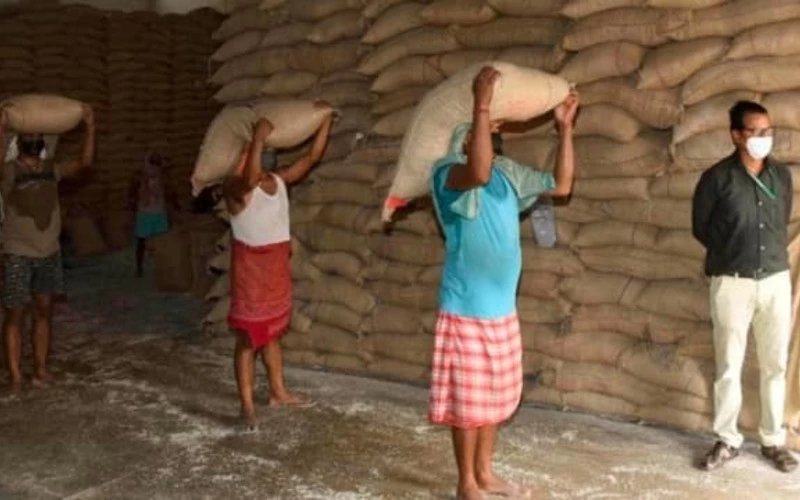New Delhi : India had recently banned the export of broken rice. Apart from this, the tax on export of many other varieties has been reduced to 20 percent. This has pushed up the prices of Indian rice in the market and is expected to deepen the crisis across the world. Many countries of the world, including Asian countries, have started turning to other countries to buy rice instead of India. But the problem is that taking advantage of the situation, other countries have started charging higher prices. At the same time, India's rice exports are expected to decline by 25 percent this year.
India's exports will be reduced by 25% this year
Taking the decision of ban and increase in tax, the Government of India had said that this time sowing has decreased in the country and it is also late. Therefore, this decision has been taken to avoid the crisis at the domestic level. Rice Export Association President BV Krishna Rao said, “The increase in custom duty has made India's rice costlier. Exports may fall by 5 million tonnes this year. Rice exports from India may remain limited to 16.2 million tonnes this year. Let us inform that in the last financial year, the export of rice from India reached a record level of 21.2 million tonnes.
Rapid rise in rice prices within 5 days
India's rice exports were more than the total imports of four other countries after India. India is followed by Thailand, Vietnam, Pakistan and America among the largest exporters of rice. Experts say that due to India's decision, the price of rice will increase in markets across the world including Asia. In just 5 days of the Indian ban, the prices have increased by 4 to 5 percent. It could be more in the coming days. After India's ban, countries like Vietnam and Thailand have increased the price of white rice.
India had also banned the export of wheat in June
Let us tell you that India had also banned the export of wheat in June, to which many countries including the European Union had objected. But India responded by saying that rich countries buy food grains and then poor countries do not get them on their needs. India had said that we have taken this decision for the food security of ourselves and neighboring countries.


